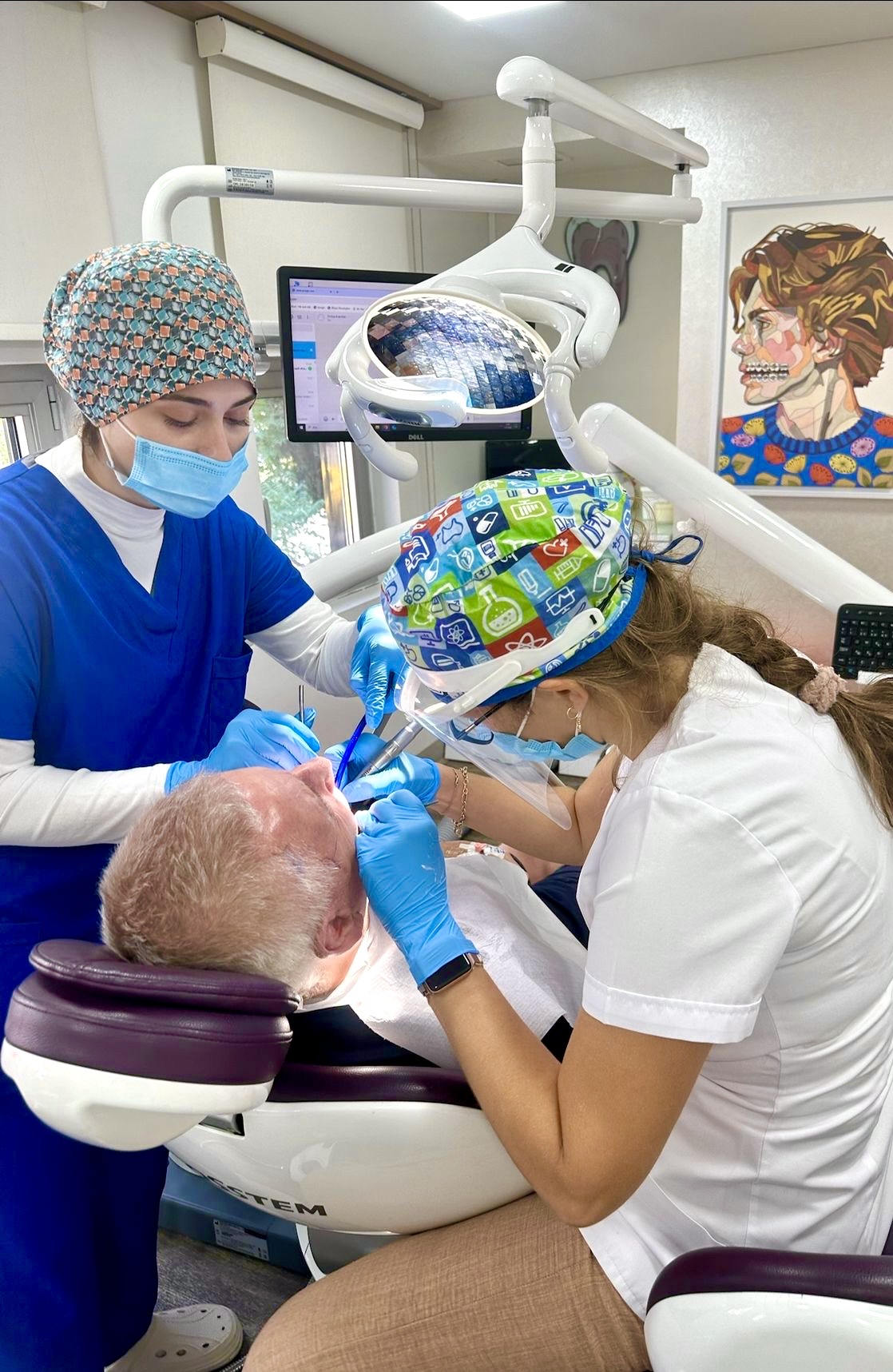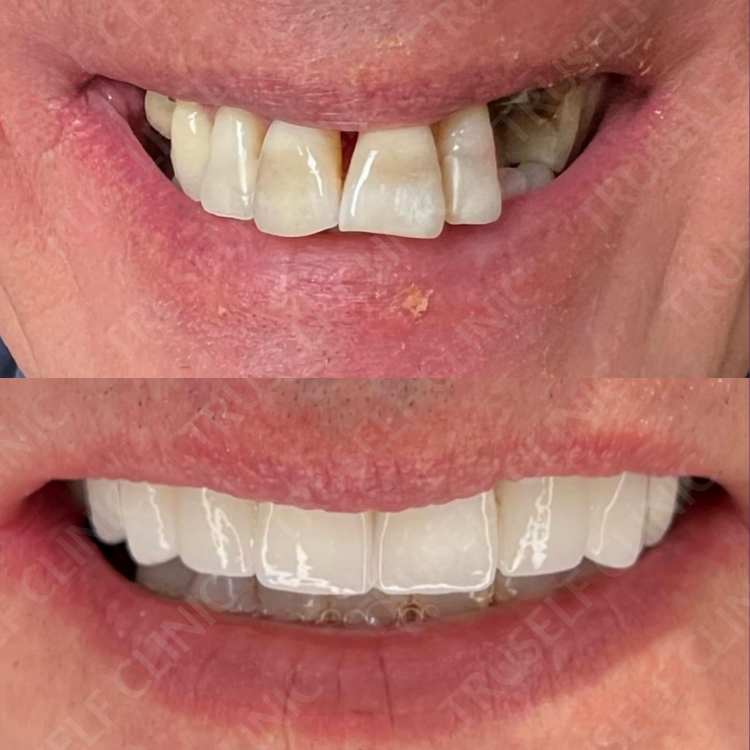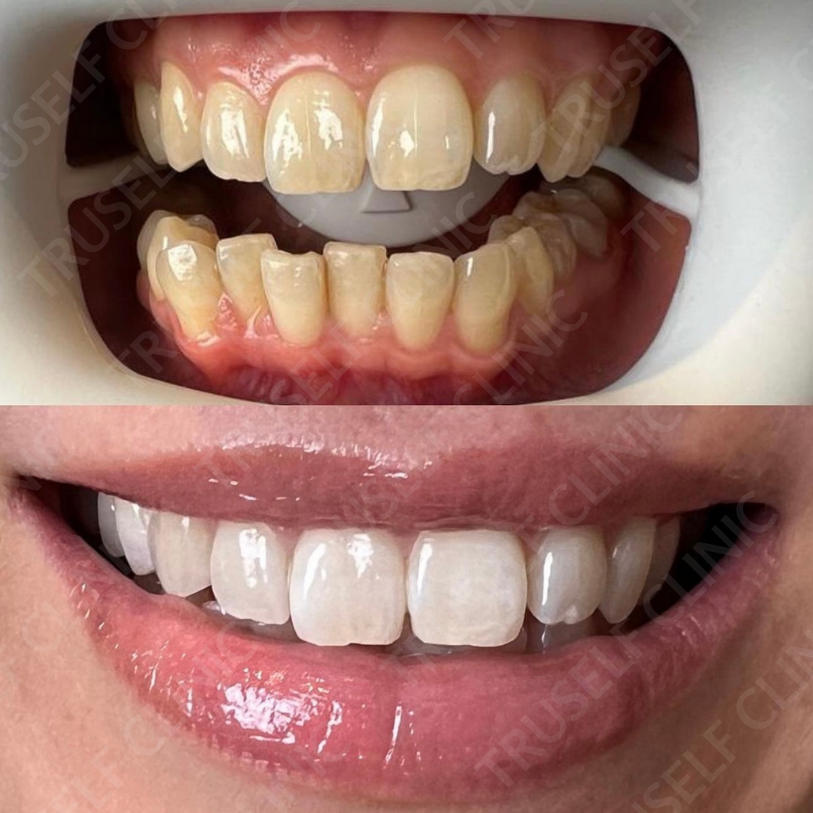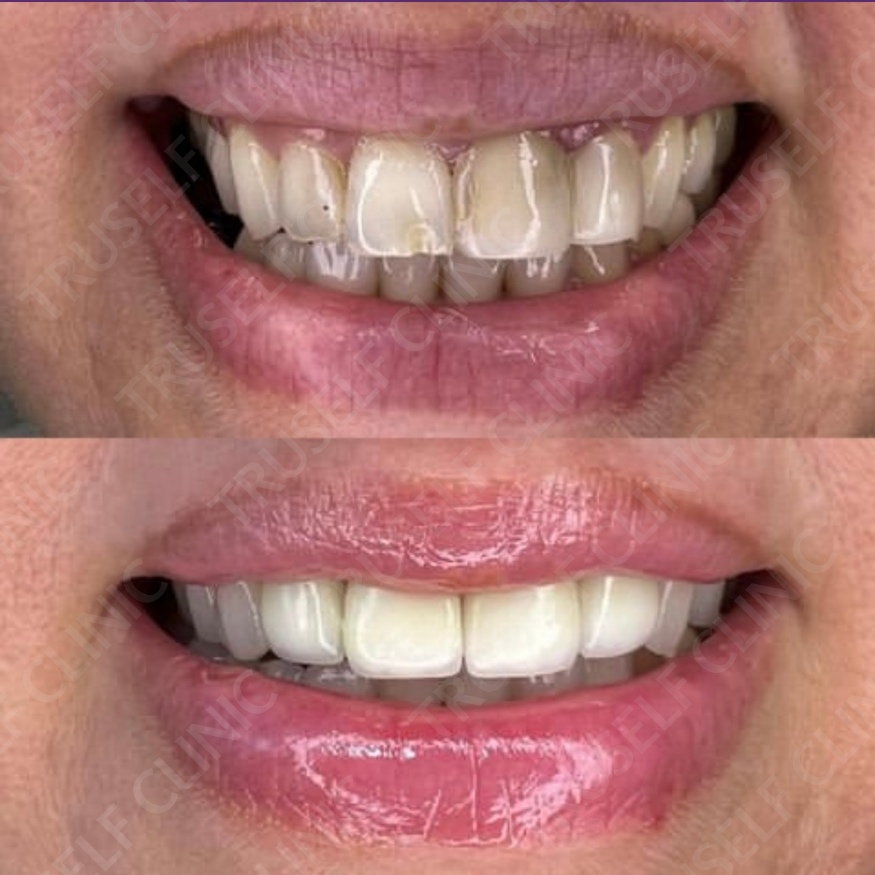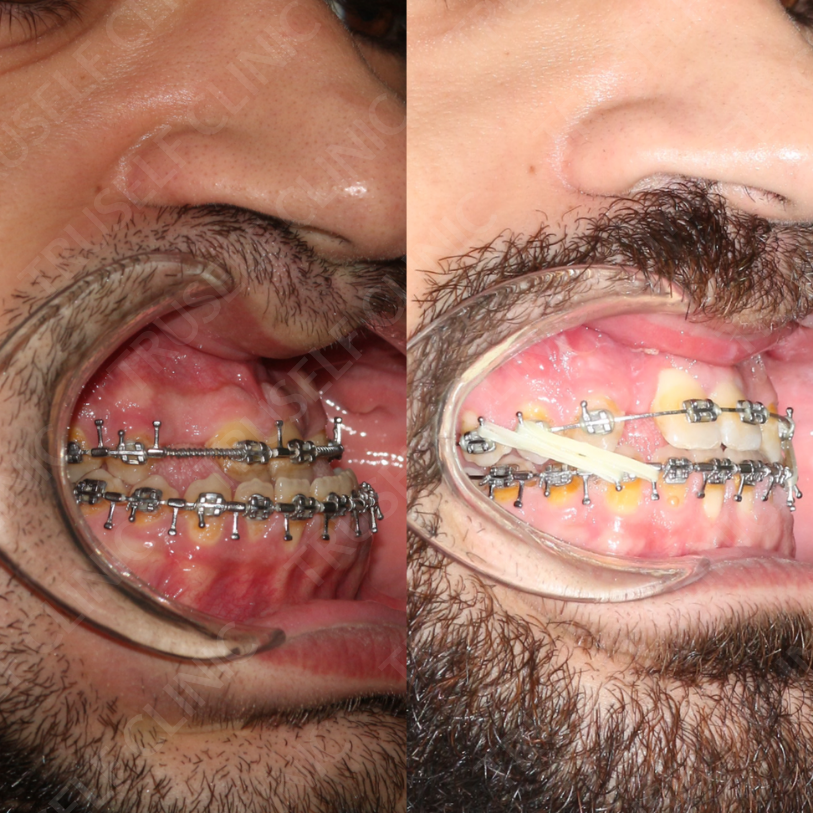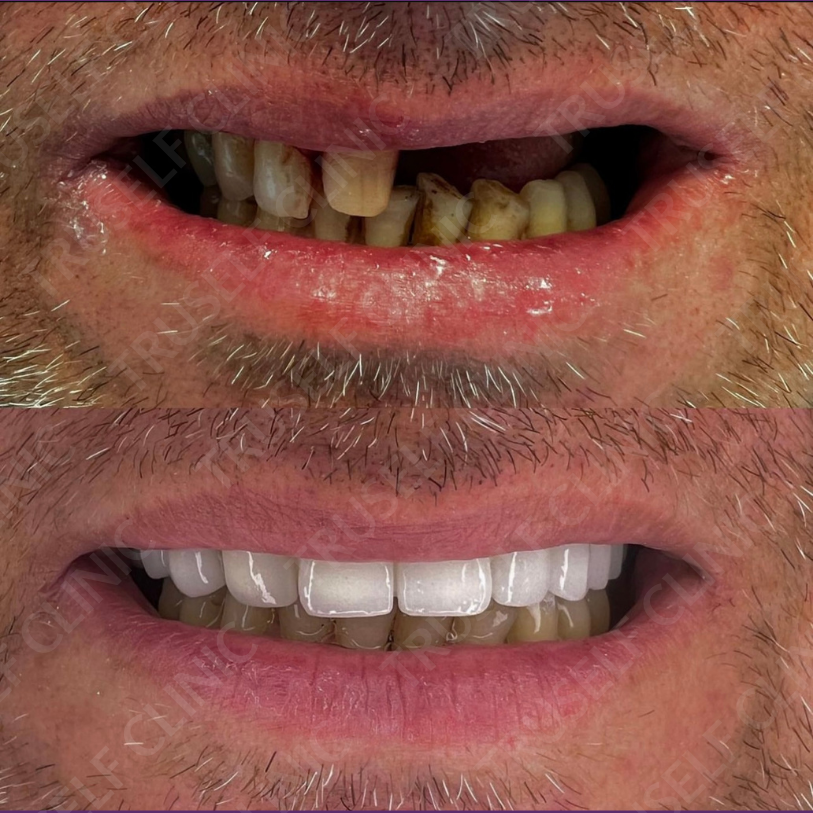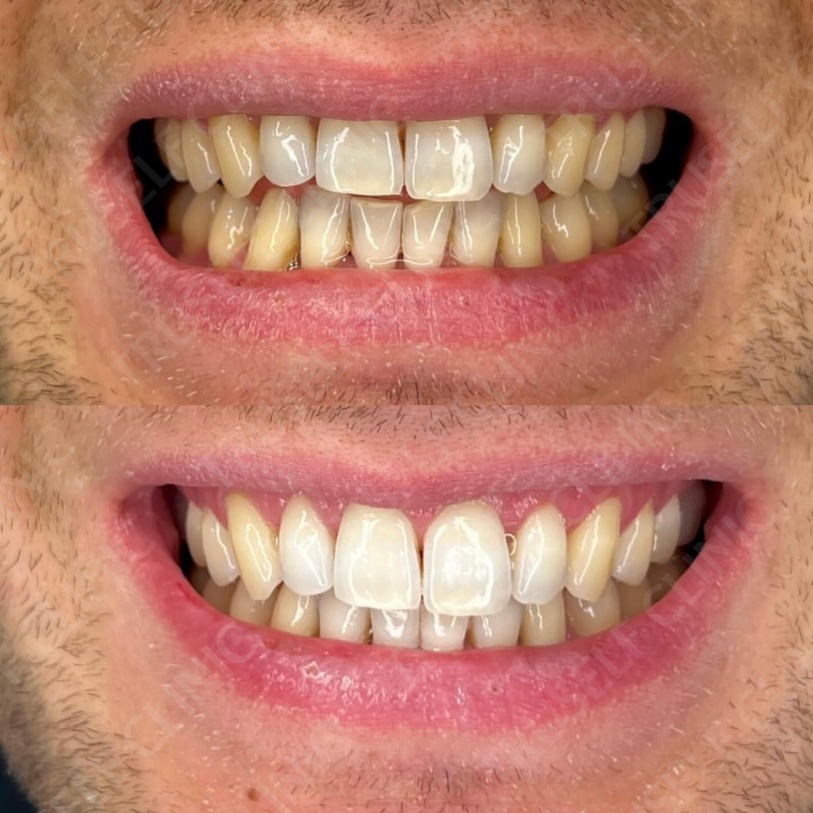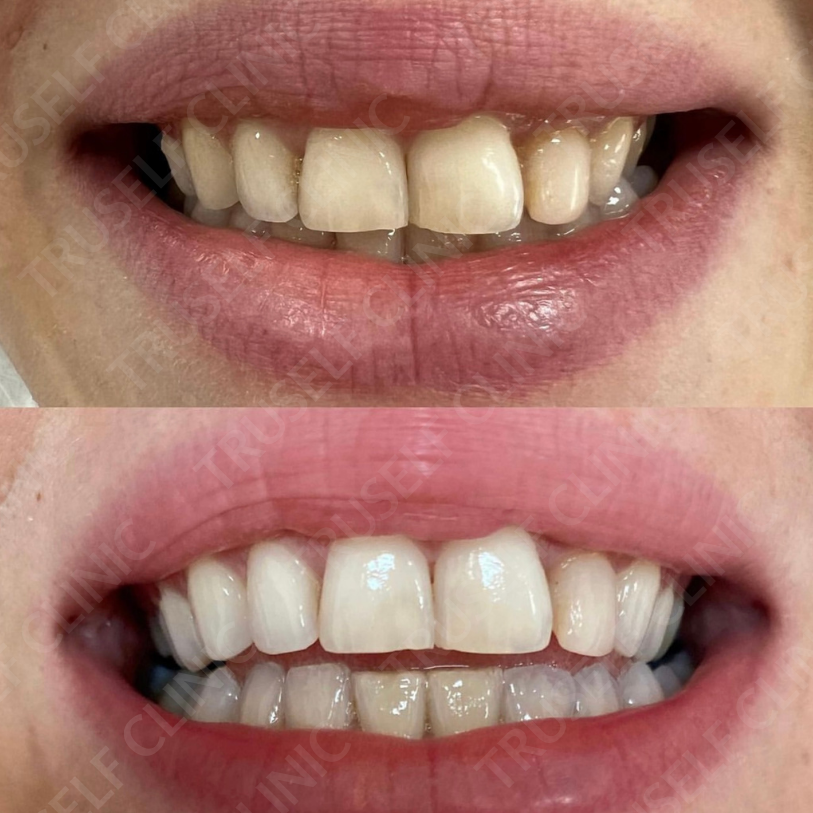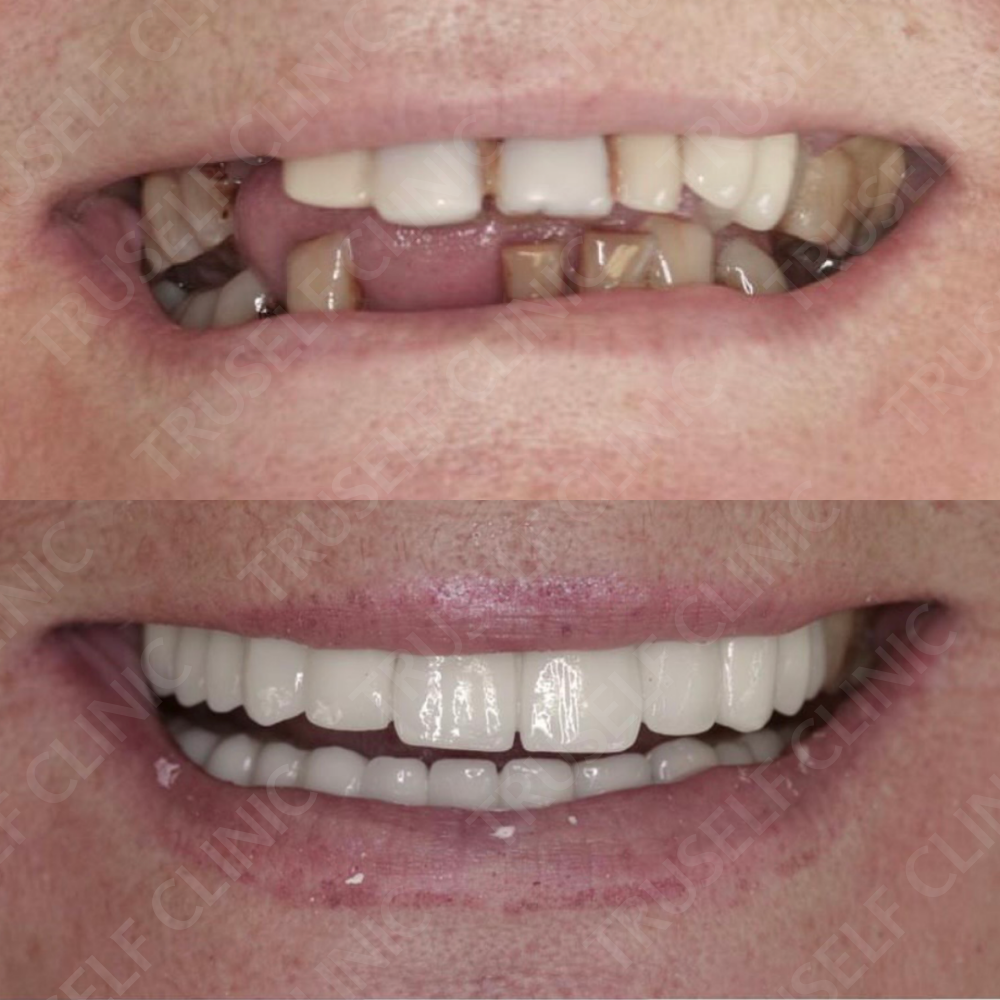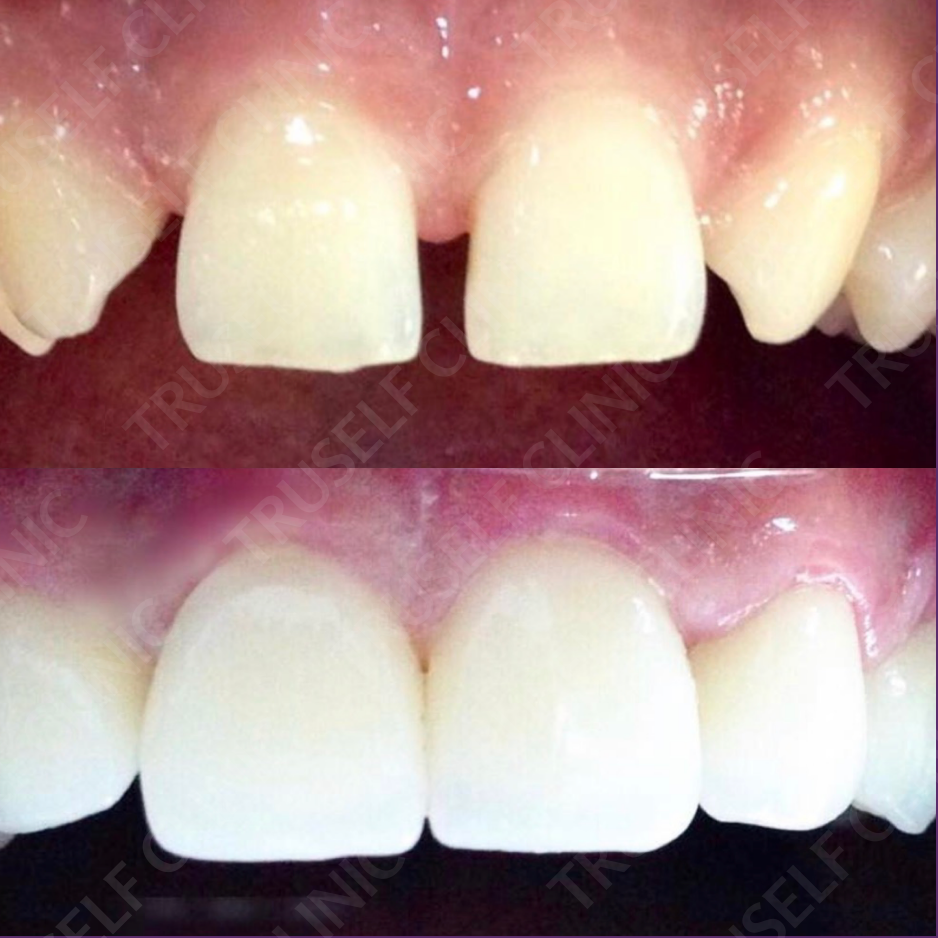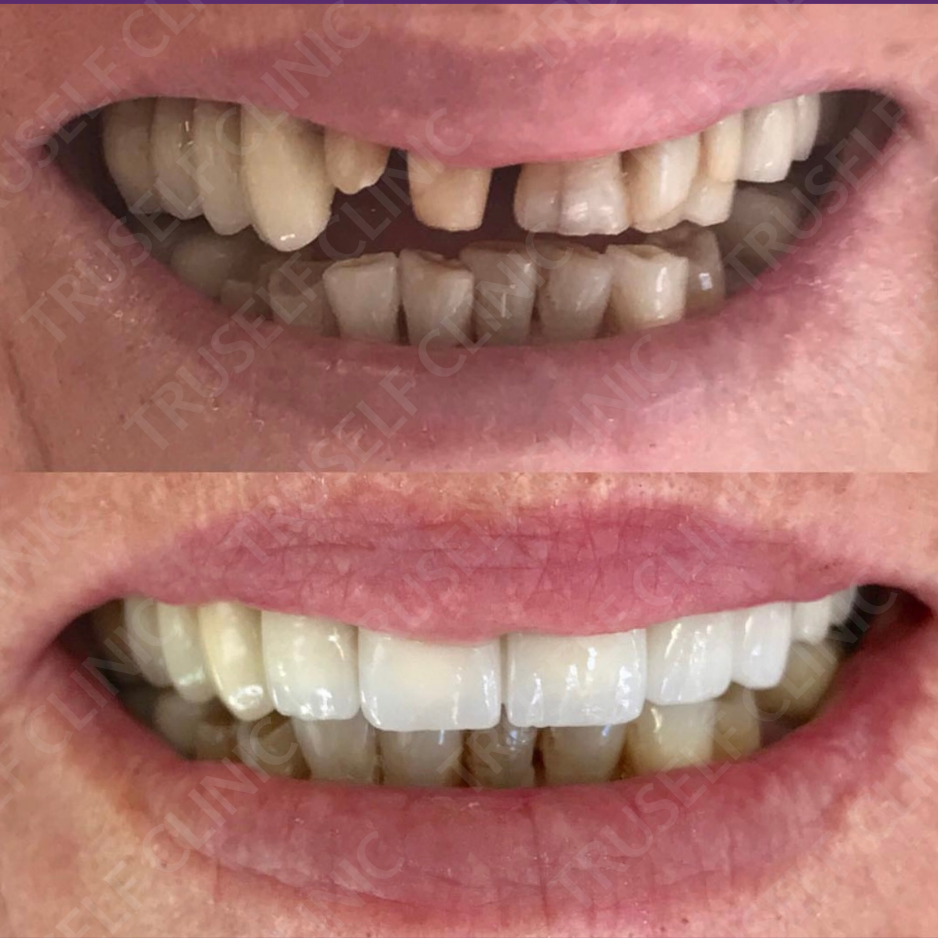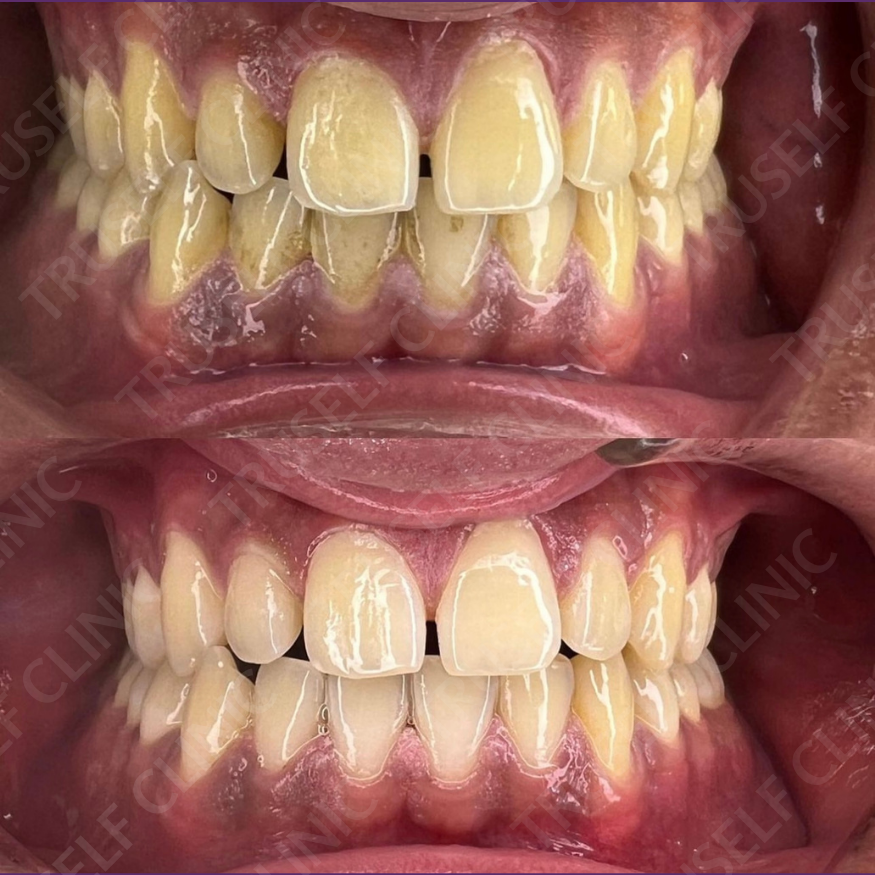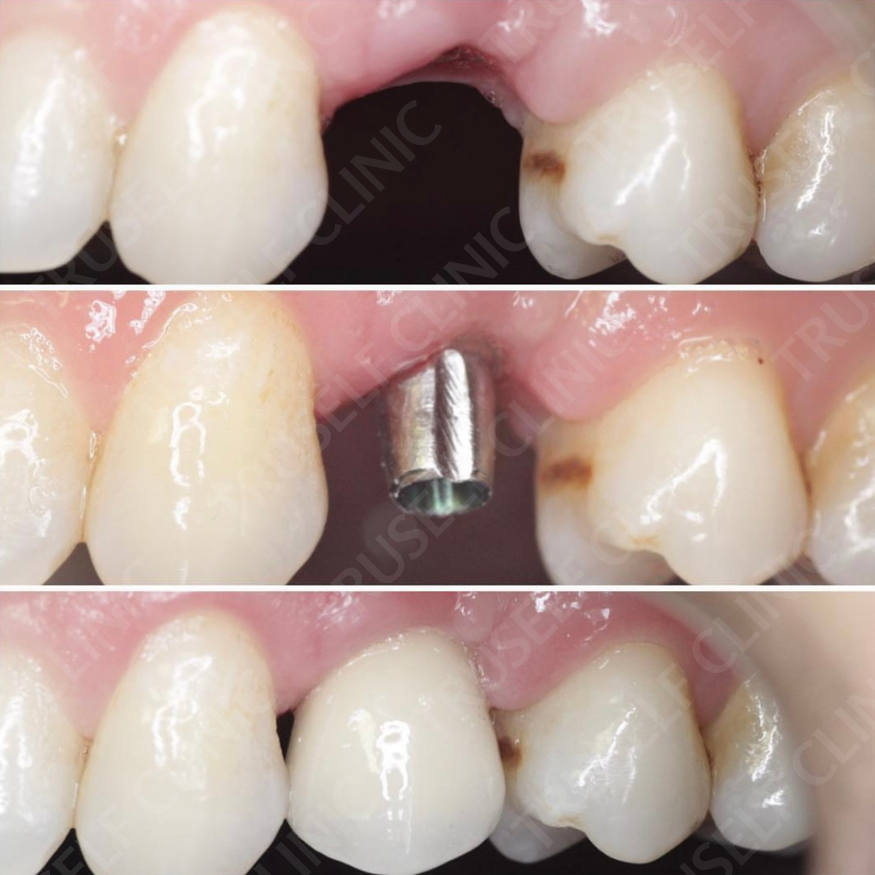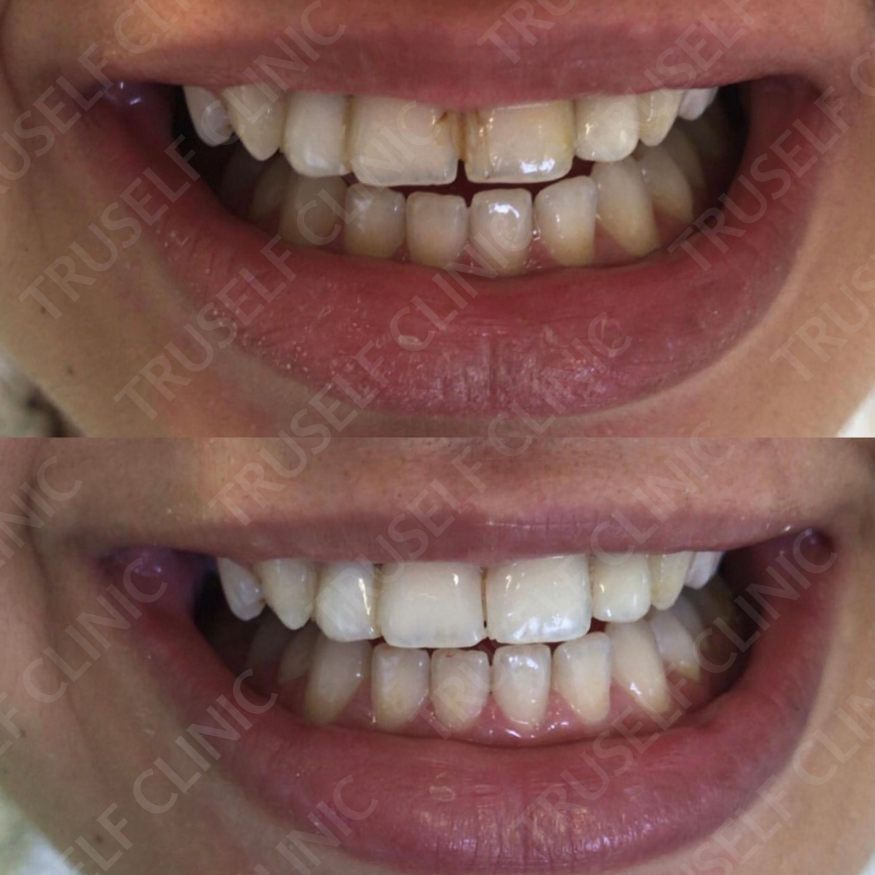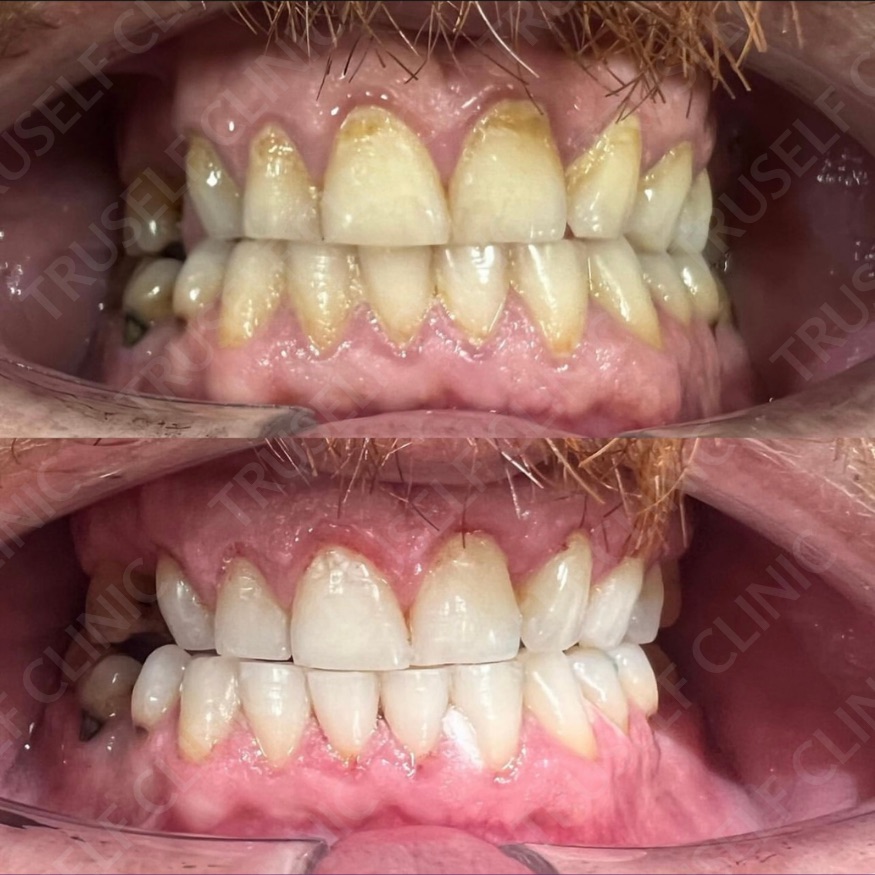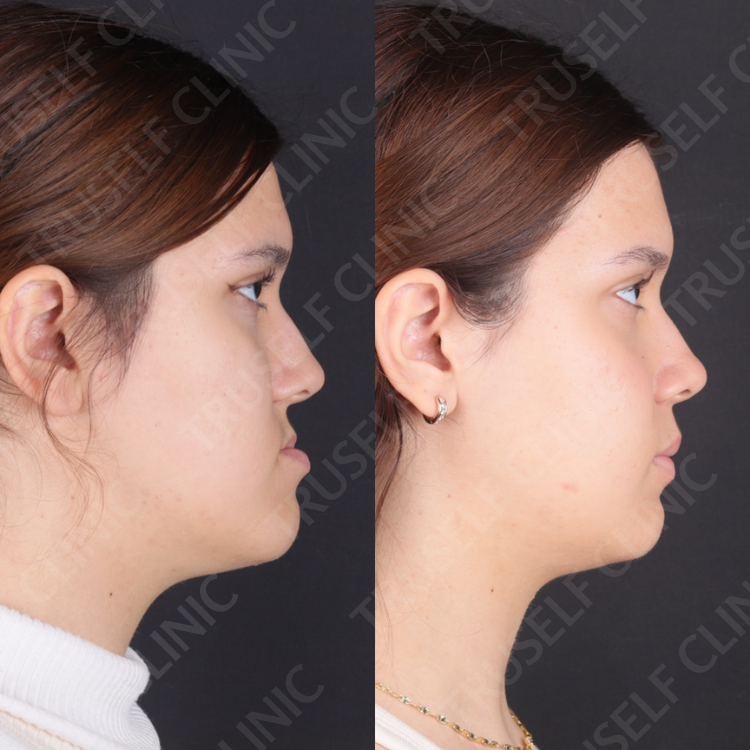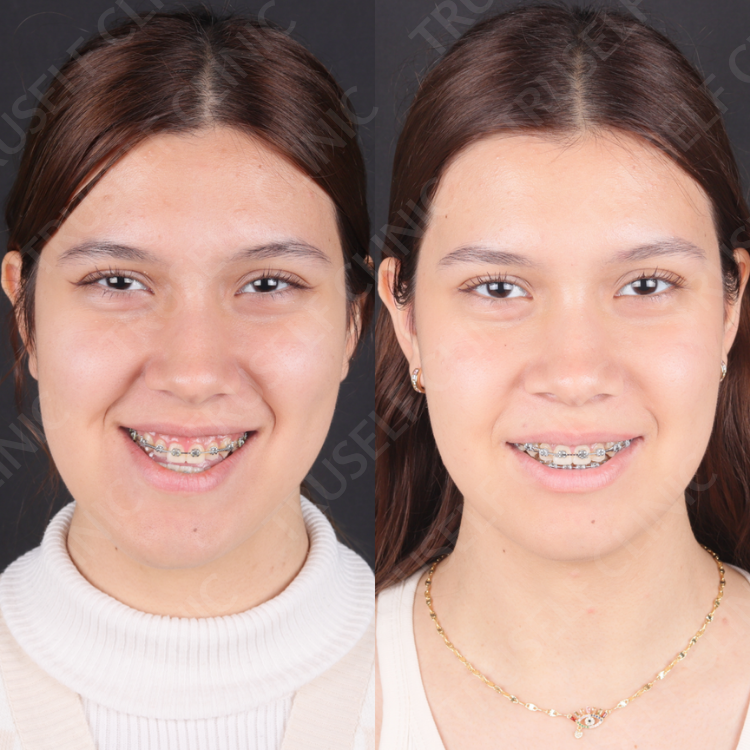Dental Implants
Dental implants are prosthetic tooth roots made of biocompatible materials, typically titanium, that are surgically placed into the jawbone to support artificial teeth such as crowns, bridges, or dentures. They are designed to mimic the function and appearance of natural teeth and provide a long-lasting solution for individuals with missing teeth.
The dental implant process involves several steps, from the initial consultation to the final restoration. Here are the typical steps involved in getting dental implants:
Initial Consultation:
- You'll start with a consultation with a dentist or oral surgeon. During this appointment, your oral health will be assessed, and your medical history will be reviewed to determine if you are a suitable candidate for dental implants.
Treatment Planning:
- If you are deemed a good candidate, the next step is treatment planning. This involves taking X-rays, 3D scans, and impressions of your teeth and jaw to assess the bone density and structure.
Tooth Extraction (if necessary):
- If you have a damaged or decayed tooth at the implant site, it may need to be extracted before implant placement.
Implant Placement:
- Surgical Procedure: This step involves the surgical placement of the dental implant into the jawbone. The implant is typically made of biocompatible materials, such as titanium.
- Anesthesia or Sedation: Local anesthesia or sedation is used to ensure you are comfortable during the surgery.
- Incision: A small incision is made in the gum tissue to expose the jawbone.
- Implant Placement: The dental implant is precisely inserted into the jawbone at a specific depth and angle.
- Closure: The incision is sutured closed, and the implant is left to heal. In some cases, a healing cap may be placed over the implant to protect it during the healing process.
Osseointegration:
Healing Period: Over the next several months, osseointegration occurs, during which the implant fuses with the surrounding bone. This integration process is crucial for implant stability.
- Temporary Restoration: In some cases, a temporary crown or bridge may be attached to the implant during the healing period. However, this depends on the specific situation.
Abutment Placement:
- Once osseointegration is complete, a small connector post called an abutment is attached to the implant. This abutment will serve as the anchor for the final restoration.
Impressions:
- Your dentist will take impressions of your teeth and the implant site to create a custom-made crown, bridge, or denture.
Final Restoration:
- The custom restoration is attached to the abutment, completing the dental implant procedure. The restoration is designed to match the color and shape of your natural teeth for a seamless appearance.
Follow-up and Maintenance:
- After the final restoration is in place, you will need to maintain good oral hygiene practices, including regular brushing, flossing, and dental check-ups, to ensure the long-term success of the dental implant.
The exact timeline and number of appointments may vary depending on your individual case and the specific treatment plan created by your dental provider. Dental implant procedures have a high success rate and can greatly improve the function and aesthetics of your smile when performed by a skilled and experienced dental team.
A good candidate for dental implants typically includes individuals who:
- Have missing teeth: Dental implants are an excellent option for individuals who have one or more missing teeth. Whether it's a single tooth, multiple teeth, or a full arch, dental implants can effectively replace missing teeth and restore proper oral function.
- Have good oral health: Candidates for dental implants should have healthy gums and sufficient bone density in the jaw to support the implant. A thorough dental examination, including X-rays or scans, is typically conducted to assess the condition of the oral tissues and determine if there is adequate bone structure for implant placement. In cases where bone loss has occurred, additional procedures like bone grafting may be required to augment the bone volume before implant placement.
- Are committed to oral hygiene: Maintaining good oral hygiene is crucial for the success of dental implants. Candidates should be willing to follow a proper oral hygiene routine, including regular brushing, flossing, and dental check-ups, to keep the implant and surrounding tissues healthy.
- Are in good overall health: General health plays a role in determining the suitability for dental implants. Certain systemic conditions or factors such as uncontrolled diabetes, autoimmune disorders, or a compromised immune system may affect the healing process and implant integration. It's important to discuss any existing medical conditions with the dental professional to evaluate the potential risks and determine if dental implants are a suitable option.
- Do not smoke or are willing to quit: Smoking can have a negative impact on the success rate of dental implants. It can impair the healing process and increase the risk of complications. Candidates who smoke should be willing to quit or significantly reduce their smoking habits both before and after the implant procedure.
- Have realistic expectations: Candidates should have realistic expectations about the outcome of dental implants. While dental implants offer excellent functionality and aesthetics, they may not be suitable for everyone, and the results can vary depending on individual factors. It's important to have a thorough consultation with a qualified dental professional to discuss expectations and determine if dental implants are the right solution for your specific case.
It's always recommended to consult with our experienced implant dentist or oral surgeon who can evaluate your oral health, discuss your treatment options, and determine if you are a good candidate for dental implants based on your individual circumstances.




